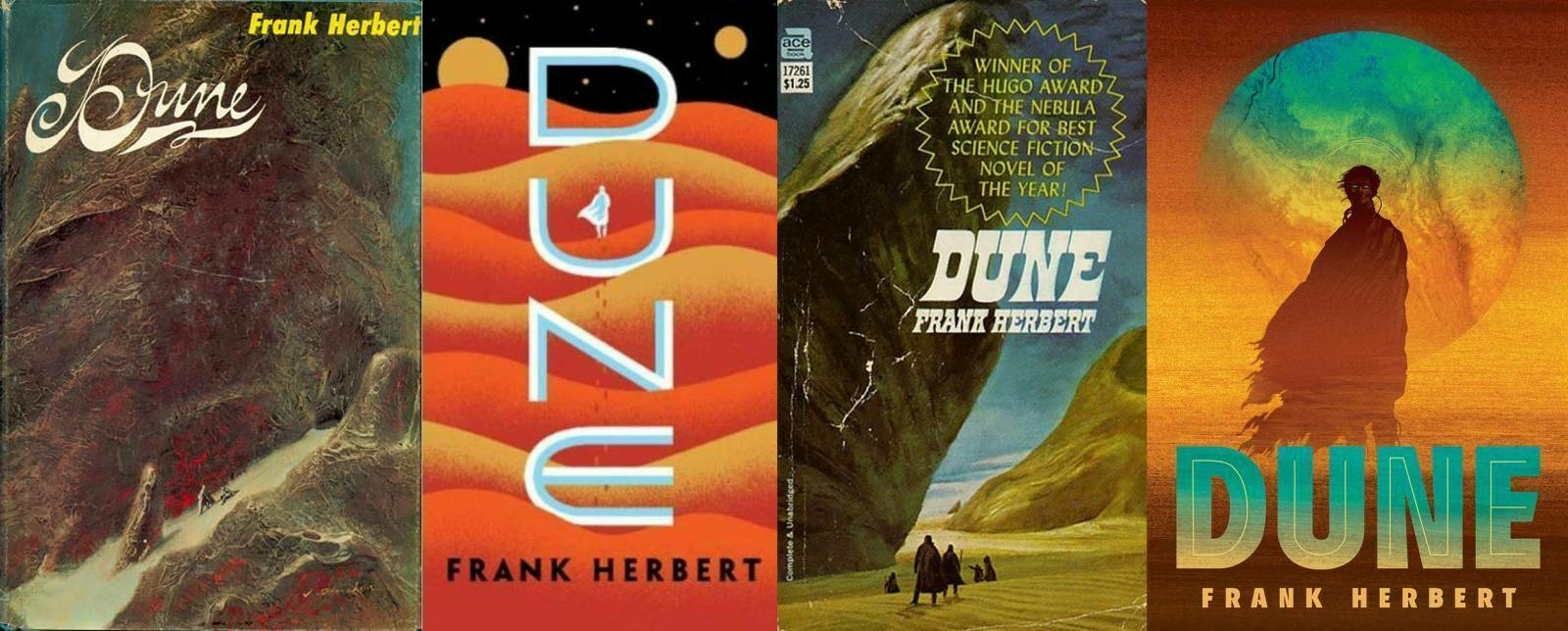
There's a moment in Jodorowsky's Dune where the titular director, discussing how Hollywood canceled his version forty years ago, pulls a fist of euros out of his pocket and shakes them at the camera. "This system makes us slaves," he cries, "With this devil in our pocket. This paper...It has nothing inside. Nothing!"
In the moment, the gesture feels melodramatic. A bitter cry from a man who was denied his chance to ascend to greatness. But after watching first Lynch's Dune, and now Dune: Part One, it seems prophetic.
Where Jodorowsky's version of Dune sought to change the consciousness of its viewers, and Lynch's Dune tried to convey the weirdness of a future as far from ours as we are from the inhabitants of ancient Sumer, Dune: Part One is seeking to...tell us the story of Dune.
Yet even with this lowered ambition, the film is a failure. Dune the book fascinates in part because of its many colorful factions, all vying for power. But Dune: Part One doesn't have enough ambition to be a Game of Thrones in space. Mentats here are just bland, faithful servants, denied even their name to let the audience know how special -- and central -- they are. There's no mention of the Space Navigators' Guild, leaving Spice's centrality to space travel just an abstract thing, a line a character says while standing in the right spot wearing the right clothes, and nothing else. The Spice itself is barely present, looking more like someone turned a glitter filter on than a thing worth killing over.
The result is a film with no depth and no stakes, the world of Dune flattened to something completely mundane. It is a clockwork universe, made with stunning special effects and actors moving in expensive costumes.
In his past films, Villeneuve's lack of interest in the human was an asset. Both Arrival and Blade Runner: 2049 benefit from a style that is distant and alien, the former because it seeks to convey an alien perspective, the latter because it centers on an unfeeling android. But Dune doesn't work unless the galactic stakes are connected to the personal, the planetary drama interlocked with the familial. Dune: Part One leaves the galactic stakes mostly untethered, and the family drama unexplored. We get an adaption that is faithful in every sense but those that matter.
If only there was something human at the heart of it all, some emotion, some sense of life and purpose. But Dune: Part One is content to just let events play out, with no rhyme or reason behind them, just toys -- beautiful toys -- going through the motions, propelled by money, and rewarded with the same.